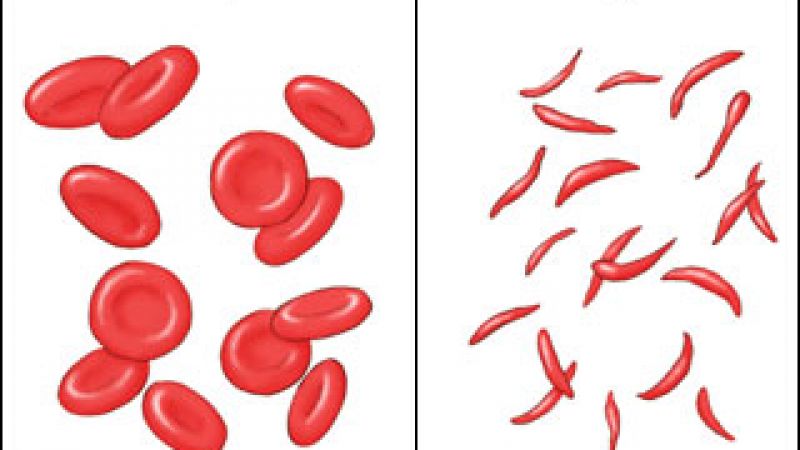An experimental compound has proved highly effective at preventing malaria in laboratory tests using mice. Crucially, the potential medicine works at low doses and is not prone to the development of resistance, which constrains many existing anti-malarials.
Malaria is caused by species of the microscopic parasite Plasmodium. The experimental compound, called ELQ-300, targets the energy-producing parts of the Plasmodium cell called mitochondria. By targeting the mitochondria ELQ-300 stops the Plasmodium cell from growing and reproducing.
The compound was identified in a large-scale screening of thousands of candidates using computer models and test-tube based assays. Animal tests then showed that ELQ-300 is about 30 times more effective at curing malaria in mice compared to atovaquone, a drug that is in clinical use today. The tests showed that it lasted a long time in the animal’s system, meaning that less medicine would need to be taken, and even after prolonged use, the parasite did not become immune to it.
Malaria is prevalent in tropical climates and blights large parts of Africa, Asia and South America. The World Health Organization has estimated that in 2010, there were 219 million documented cases of malaria and between 2,000 and 3,000 people were killed each day by the disease.
Last edited: 29 July 2022 10:39



